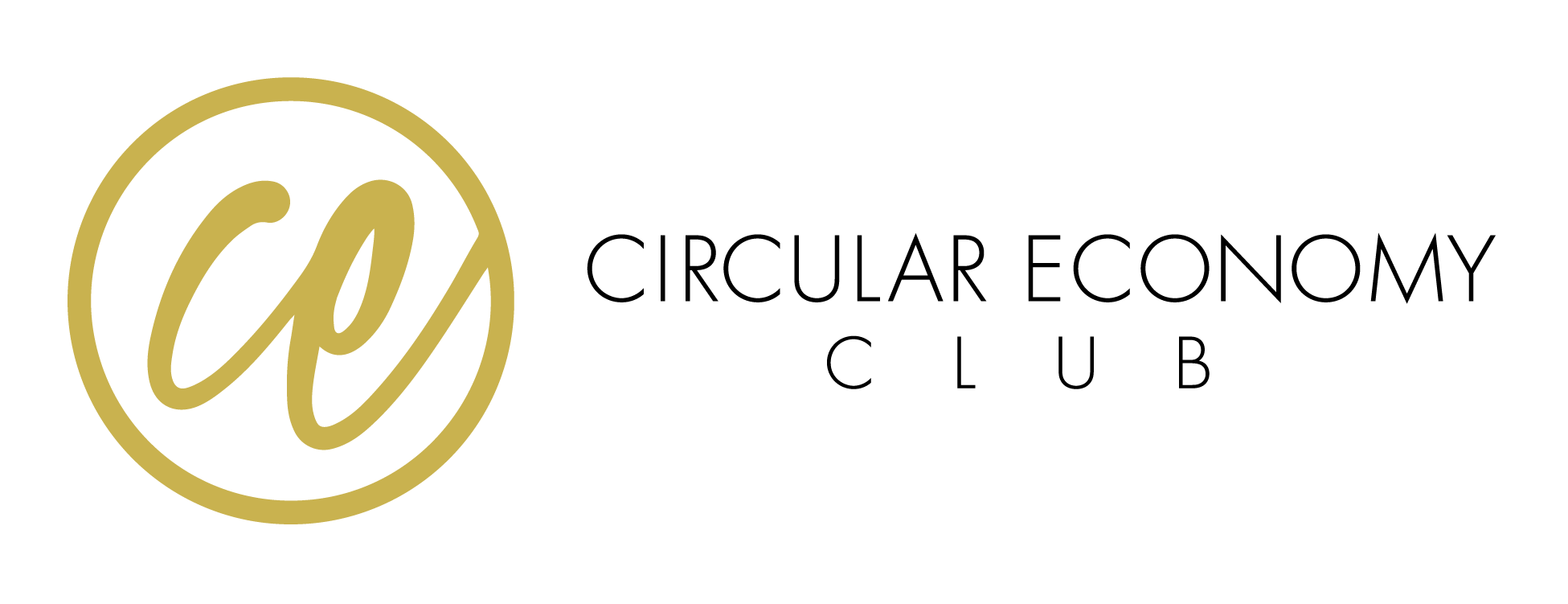-
The role of national governments in closing the circularity gap while fulfilling citizen’s needs.
Join the conversation during the Circularity Gap Webinar for policymakers
So how is our world performing on circularity? Are we reaching our circular ambitions? In 2018 we discovered our world is only 9.1% circular and our engine is stuck in reverse. As the global population and our consumption appetite are growing, we continue to consume and waste more each year. So how do we shift back into gear and ensure that countries satisfy citizens’ societal needs while at the same time staying within the ecological limits of our planet?What circularity approach fits your country’s reality?
Every country has a unique economic reality and is made up of a specific social fabric. The way that things are produced, traded, consumed and taken care of once they become waste varies greatly from country to country – and so does the approach to building a circular economy. The third edition of the Circularity Gap Report will focus on the individual actions countries can take to close their circularity gap and contribute to creating a circular world.Join the conversation! Share your local context
Leading up to the launch, which will again take place in January during the World Economic Forum’s Annual Meeting in Davos, we would love to hear from you! Join the interactive Circularity Gap Webinar and let us know what you think is required for a circular future in your country. During the webinar, we will be presenting our first findings on the progress towards a circular economy in different national contexts and how to build circular transitions that account for the different economic realities.All details:
For who:
Most relevant for policymakers and change makers on national level – but everyone is welcome!Date:
October 15 2019 – 3 PM CESTFocus of the webinar:
– How we can satisfy societal needs while remaining within planetary boundaries?
– What is needed to close the circularity gap in your country?
– What economic/cultural/societal reality in your country is critical to take into account? -
-
October 15, 2019 3:00 pm
October 15, 2019 3:30 pm
Webinar: Why countries matter in closing the global circularity gap
Amsterdam, all, Netherlands
Date: October 15, 2019 - October 15, 2019
Time: 03:00 PM - 03:30 PM

